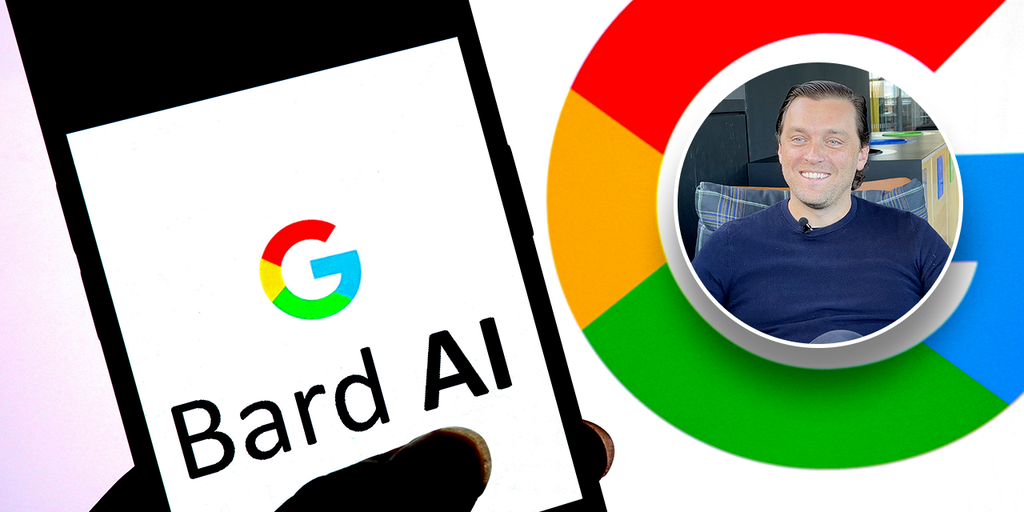Jack Krawczyk delves into the functionality of Google Bard in facilitating user connections and communication, shedding light on the platform’s future trajectory.
The advent of artificial intelligence has instilled a sense of unease in certain individuals, primarily due to the perceived threat it poses to specific industries and job sectors.
In a recent on-camera interview with Fox News Digital at Google’s New York City headquarters, Jack Krawczyk, the product lead for Google Bard, addressed these concerns.
Acknowledging the apprehension surrounding AI, Krawczyk emphasized Google’s proactive approach in addressing public fears and ensuring a comprehensive understanding of the technology’s potential.
“We’ve revolutionized the landscape of computing,” he remarked, highlighting the shift from computers merely executing tasks to actively collaborating with users.
He emphasized that AI is not intended to replace human input but rather to augment creativity, yielding remarkable outcomes.
Illustrating with the example of job hunting, Krawczyk underlined how AI can assist individuals not only in identifying job opportunities but also in preparing for interviews by generating pertinent questions based on job descriptions.
Google remains receptive to feedback on Bard to enhance its value proposition for users, ensuring alignment with their needs and preferences.
While the use of AI tools is restricted in many corporate settings to safeguard sensitive data, some companies have leveraged Bard effectively as a productivity tool, fostering creative exploration and expediting tasks without compromising quality.
Krawczyk characterized Google Bard as a personal “brain organizer,” aiding in consolidating thoughts and streamlining focus, particularly during hectic days.
As generative AI models evolve to cater to diverse lifestyles, Krawczyk emphasized their capacity to broaden perspectives and enhance understanding across varied contexts, presenting a net benefit to users.
He recounted an instance where Bard facilitated communication between conflicting parties, leading to mutually agreeable solutions—a testament to technology’s role in fostering effective dialogue and collaboration.
Dr. Harvey Castro, an esteemed emergency medicine physician and AI advocate, lauded Google Bard’s transformative capabilities, emphasizing its potential to reshape daily routines and interpersonal interactions.
Castro highlighted Bard’s role in simplifying tasks, improving communication, and offering valuable insights across sectors, underscoring the importance of cautious and informed adoption of such technologies.
In conclusion, the integration of advanced AI tools like Bard into everyday life necessitates a nuanced approach, balancing the benefits of innovation with ethical considerations and continuous evaluation to maximize advantages while mitigating risks.






